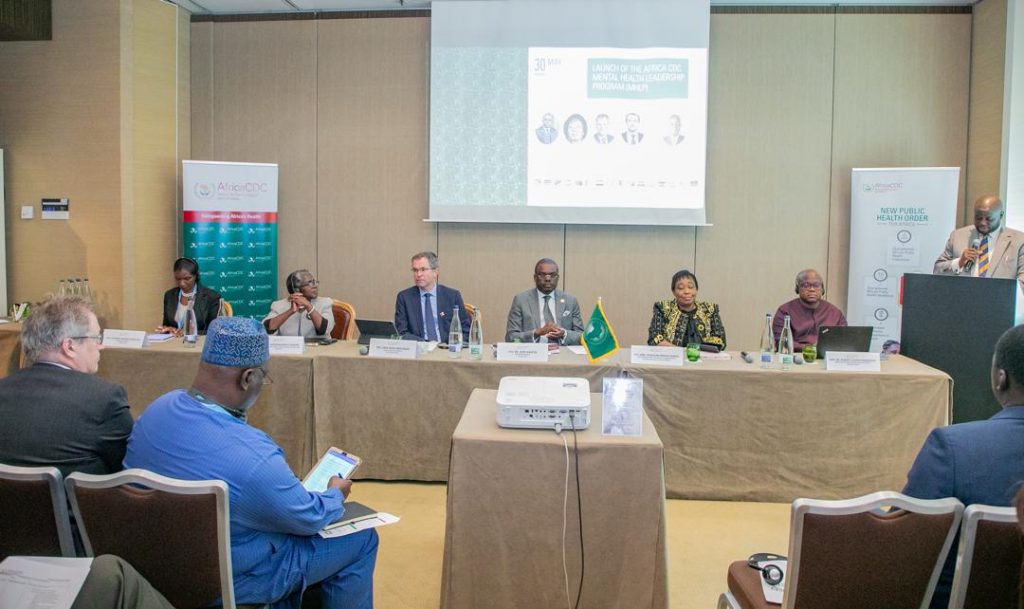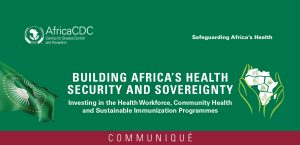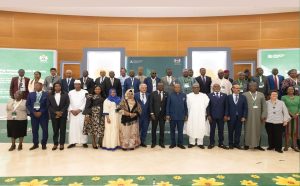To train leaders in the health system to address mental health in Africa through a public health and human rights lens, the Africa CDC launched the Mental Health Leadership Programme (MHLP) during the 77th World Health Assembly in Geneva.
Africa CDC introduced the MHLP at a high-level side event attended by five health ministers, including those from Burkina Faso, Burundi, and Cabo Verde, their senior ministry of health staff, and World Health Organization (WHO) representatives.
The Wellcome Trust, which has funded numerous African mental health research projects and initiatives focusing on anxiety, depression, and psychosis, is supporting the programme.
In Africa, 120 million people are struggling with mental health conditions. While efforts to address these challenges are underway, mental health services remain limited. There are only 1.4 mental health workers per 100,000 people. Outpatient mental health visits are significantly lower, with only 14 per 100,000 people annually.
“Mental health policies in Africa are mostly outdated and poorly implemented,” said Dr. Jean Kaseya, Director General of the Africa CDC, at the launch.
Less than 2% of health budgets are allocated to mental health; of this allocation, 90% is targeted towards psychiatric institutions in capital cities. This means there is no link between mental health care and primary health care and limited support at community levels.
“This programme will help us to work together successfully and collaboratively to address these mental health issues that can affect all of us,” said Dr. Kaseya.
“This programme will create a cohort of leaders who understand and can advocate for context-specific, evidence-based approaches to mental health in their countries,” said Wellcome Trust CEO John Arne Røttingen.
Røttingen emphasized that an integrated approach, with scientists working hand-in-hand with policymakers, is essential to ensure research addresses the right questions and that breakthroughs are implemented when tackling these conditions. “That’s why we are so excited to be working with Africa CDC on this programme,” Røttingen said.
David Bainbridge, the executive director of CBM Global, an international organization that advocates for the involvement of people with disabilities through the design and delivery of the programme, said the programme could “make significant progress not only on the wide treatment gap in access to mental health services but also in applying good public health practice to reduce the drivers of mental health conditions and the negative impact on wellbeing.”
“We underscore the need to take a human rights approach to mental health, which means that, in addition to the personal suffering that results from the experience of mental health symptoms, we’re particularly concerned about the experiences of stigma, social exclusion, and abuse experienced by affected people, who are often denied access to basic rights like family life, livelihoods, even personal autonomy and freedom,” explained Bainbridge. The Africa CDC is working with the African Field Epidemiology Network, CBM Global Disability Inclusion, and other vital institutions on the continent to develop the curriculum’s domains and ensure the successful implementation of the programme.







